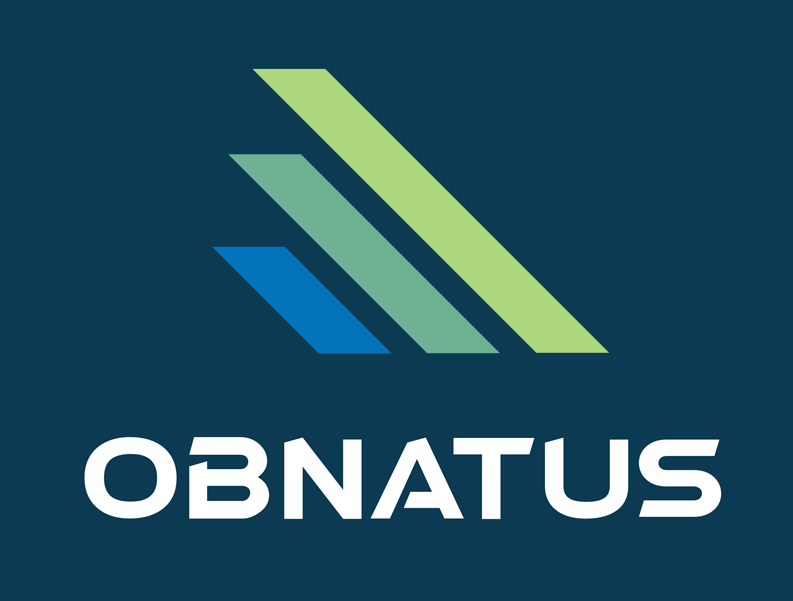Developing Emotional Intelligence (EI) in organisations is crucial for creating a positive work environment, enhancing productivity, and fostering strong interpersonal relationships. Here’s a comprehensive approach to cultivating EI within your organisation:
Start from the Top
Leadership sets the tone for the entire organisation. Begin by focusing on developing EI in executives and managers:
• Provide EI training and assessments for leaders
• Encourage leaders to model emotionally intelligent behaviours
• Incorporate EI into leadership development programsLeaders should practice open communication, active listening, and empathy in their daily interactions with team members.
Integrate EI into Company Culture
Make emotional intelligence a core value of your organisation:
• Include EI competencies in job descriptions and performance evaluations
• Recognize and reward emotionally intelligent behaviours
• Create a safe environment for expressing emotions and concerns
Offer Comprehensive EI Training
Implement organisation-wide training programs:
• Conduct workshops on self-awareness, self-regulation, motivation, empathy, and social skills
• Use role-playing exercises to practice EI in workplace scenarios
• Provide ongoing coaching and feedback to reinforce EI skills
Encourage Self-Reflection
Promote self-awareness among employees:
• Introduce mindfulness practices in the workplace
• Encourage journaling or regular self-assessments
• Implement 360-degree feedback systems
Foster Open Communication
Create channels for honest and respectful dialogue:
• Establish regular team meetings focused on emotional check-ins
• Train managers in active listening techniques
• Implement an open-door policy for addressing concerns
Develop Empathy
Enhance understanding and connection between team members:
• Organisze team-building activities that focus on perspective-taking
• Encourage cross-departmental collaborations
• Share personal stories and experiences in a safe environment
Improve Conflict Resolution Skills
Equip employees with tools to handle disagreements constructively:
• Provide training in conflict resolution techniques
• Establish clear protocols for addressing workplace conflicts
• Encourage mediation as a first step in resolving disputes
Promote Work-Life Balance
Support employees’ overall well-being:
• Offer flexible work arrangements
• Provide resources for stress management and mental health
• Encourage breaks and time off for self-care
Measure and Track Progress
Regularly assess the impact of EI initiatives:
• Conduct periodic EI assessments
• Monitor key performance indicators related to EI, such as employee satisfaction and retention rates
• Gather feedback through surveys and focus groups
Create a Continuous Learning Environment
Foster ongoing development of EI skills:
• Establish mentoring programs focused on EI
• Create a resource library with books, articles, and videos on EI
• Encourage employees to set personal EI development goals
By implementing these strategies, organizations can create a culture that values and nurtures emotional intelligence. This approach not only improves individual performance but also enhances team dynamics, leadership effectiveness, and overall organizational success. Remember that developing EI is an ongoing process that requires commitment, patience, and consistent effort from all levels of the organization.





